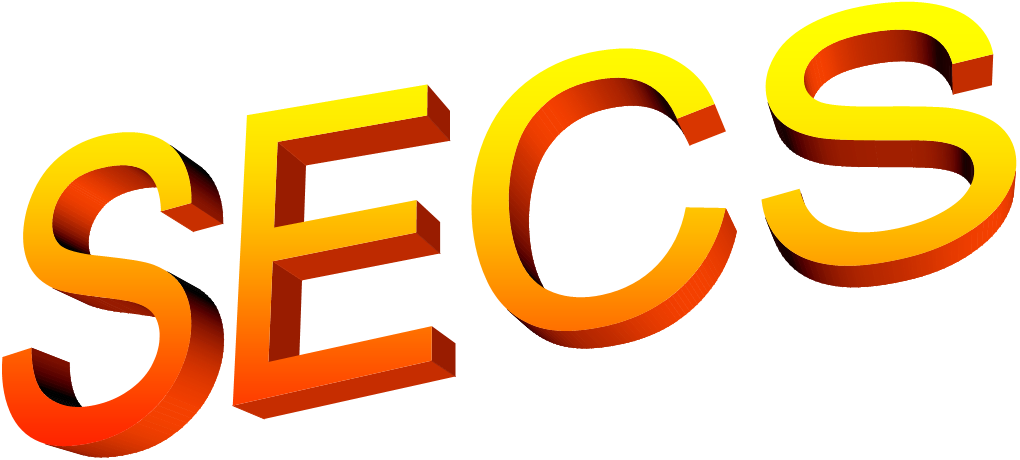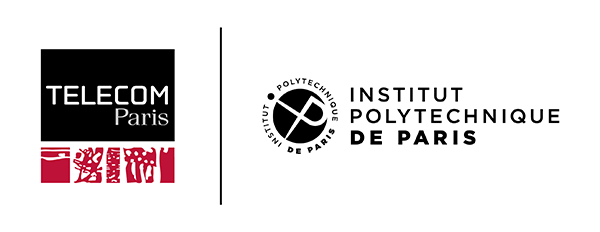
 Module Athens TP-09
Social Emergence in Complex Systems
Module Athens TP-09
Social Emergence in Complex Systems
Lecturers:
| jean-louis Dessalles - Associate professor at Telecom-Paris |
| Julien Lie-Panis - final year PhD student at Telecom-Paris and Institut Jean Nicod |
| Gabriel Damay - PhD student at Telecom-Paris |
→ other AI courses

→ [
course Website]
Objectives
The existence of complex social organization is often a mystery. What would bring individuals (people, social insects, birds, artificial agents...) to favor collective benefit rather than short-term selfish payoff? This is the
"hard problem" of sociality: the return on investment in the collective is divided by the size of the group, while selfish gains are retained in full.
The emergence of sociality is crucial, not only to understand
animal and human societies, but also to gain a new insight into many aspects of the
digital life (social media, open-source software communities, Internet technical forums, cooperation among artificial agents, human-computer verbal interaction, acceptability of AI).
This course will explore the conditions for stable social behavior. You will be using
computer simulations to study various phenomena (cooperation, coordination, sharing, collective problem solving, communication, charity). You will manipulate several
theoretical models (including kin selection, reciprocity and social signaling) that are used to explain these phenomena.
Keywords
Computer science, mathematics (game theory), theoretical sociology, theoretical biology.
Content
The course will cover several social phenomena, including: collective decision, the cocktail party effect, scale-free social networks, the hawk-dove dilemma, cooperation in insect societies, emergence of segregationism, altruism, the "tragedy of the commons", the "green-beard" effect, social coordination, suicide "for the group", honest communication, charity and competitive helping.
Several theoretical models will be studied, including preferential attachment, kin selection, the Prisoner’s dilemma, the handicap principle, social signaling. Several of these models derive from applying
Game Theory to social dilemma.
Computer simulations will include
genetic algorithms to simulate natural evolution, and various basic multi-agent techniques to study collective behavior.
Audience
If you are curious about social phenomena and think that theoretical modeling and computer simulation are powerful tools to approach them, then you will enjoy the course.
Prerequisites
All lectures and all materials are in English, so we expect students to be fluent in English. Lab work sessions are based on software written in Python. Mastery of the Python language is not required, but students who attend this course will be fluent in some procedural object-oriented programming language (Java, C++, Python or equivalent). They will get some knowledge of Python by themselves before the Athens week.
Validation
The course consists in lectures alternately with practical work on machines. Students are asked to work on the software platform used to study social phenomena and to perform slight modifications in one of the case studies to develop their own personal (micro )project.
Students will be evaluated based on the following tasks:
- Answers during Lab work sessions
- Small open question quiz
- A 5 min. presentation of their personal project
- A short written description of their personal project (+ source files)

→ [
course Website]

 J-L. Dessalles
← Home pagenovembre 2022
J-L. Dessalles
← Home pagenovembre 2022
 Module Athens TP-09
Social Emergence in Complex Systems
Module Athens TP-09
Social Emergence in Complex Systems

 → [course Website]
→ [course Website]